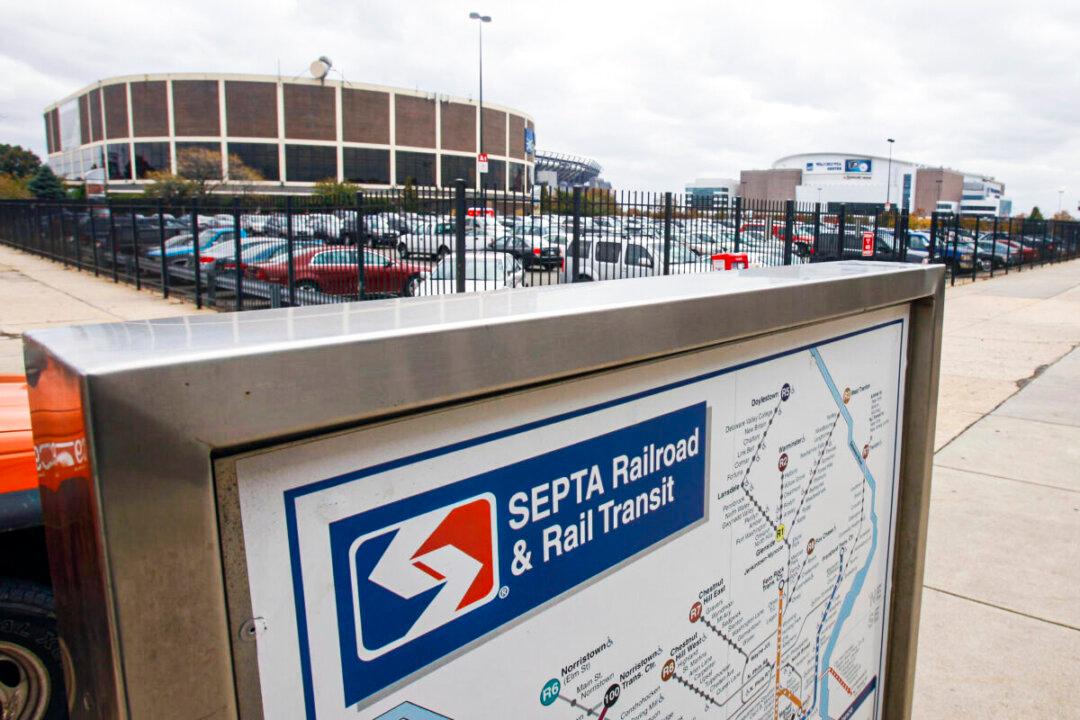PHILADELPHIA—A man accused of raping a woman on a commuter train outside Philadelphia while other passengers were present was ordered held for trial by a magistrate judge Monday.
Fiston Ngoy, 35, is charged with rape and related offenses. The Oct. 13 attack on a Southeastern Pennsylvania Transportation Authority train drew international attention. Police and other authorities initially said bystanders on the train should have intervened, but later said many of those passengers likely did not understand or realize a rape was happening on the train.





